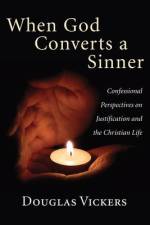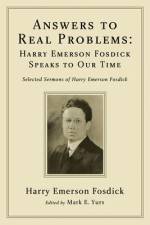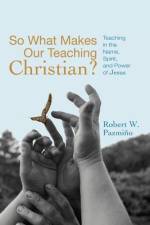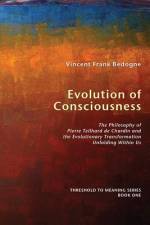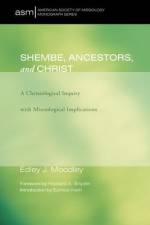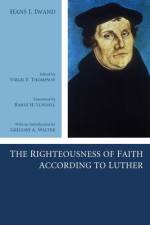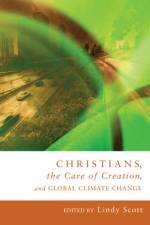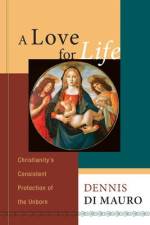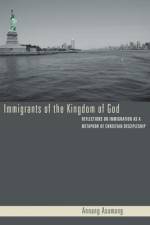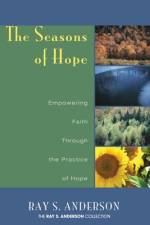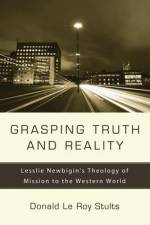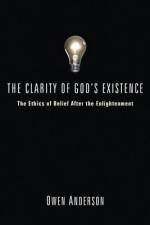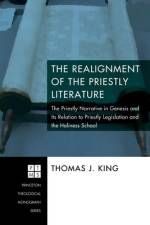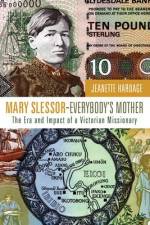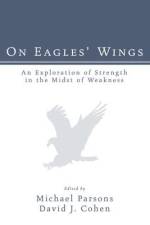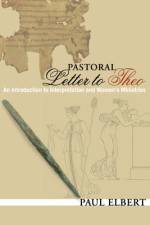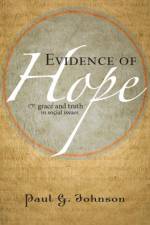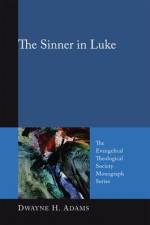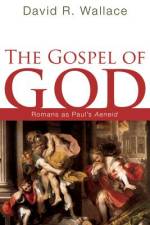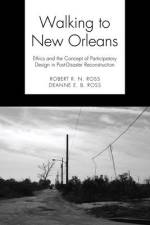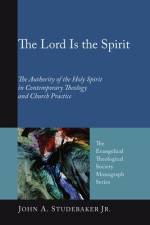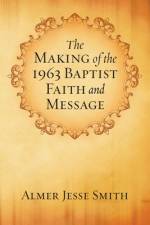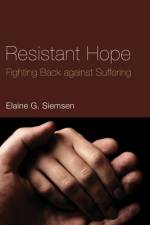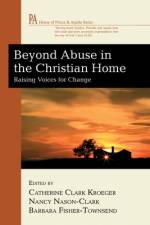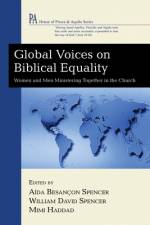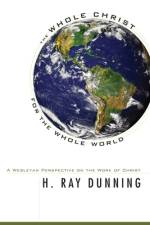von Aida Besancon Spencer
51,00 €
Global Voices on Biblical Equality is a fresh look at the contextualizing of gender equality throughout the world. Biblical equality is a burgeoning, global reform movement led by scholars and leaders not only in North America but also on every continental landmass in the world. What inroads is biblical equality making around the globe? What is its appeal? What still needs reform? How is biblical equality transforming each culture? In this book, female and male writers who are ethnically part of every continent explore the contextual challenges, successes, and adaptations of engaging the biblical text on gender and ministry.The contributors write on Asia and Asian America (India, China, Korean America), Africa (Zimbabwe)and African America Indigenous America and Latin America (Native America, Hispanic America, Brazilian America), and Western Europe and Australia and North America. The editors and authors are Aida Besancon Spencer, William David Spencer, Ranked Adjunct, and Mimi Haddad. Other contributors are Ellen Alexander, Beulah Wood, Cecilia Yau, Matthew D. Kim, Constantine M. Murefu, Darin Vincent Poullard, Sandra Gatlin Whitley, Awilda Gonzalez-Tejera, John Runyon, and Eliana Marques Runyon, Elke Werner, Roland Werner, Kevin Giles, and Roberta Hestenes.

